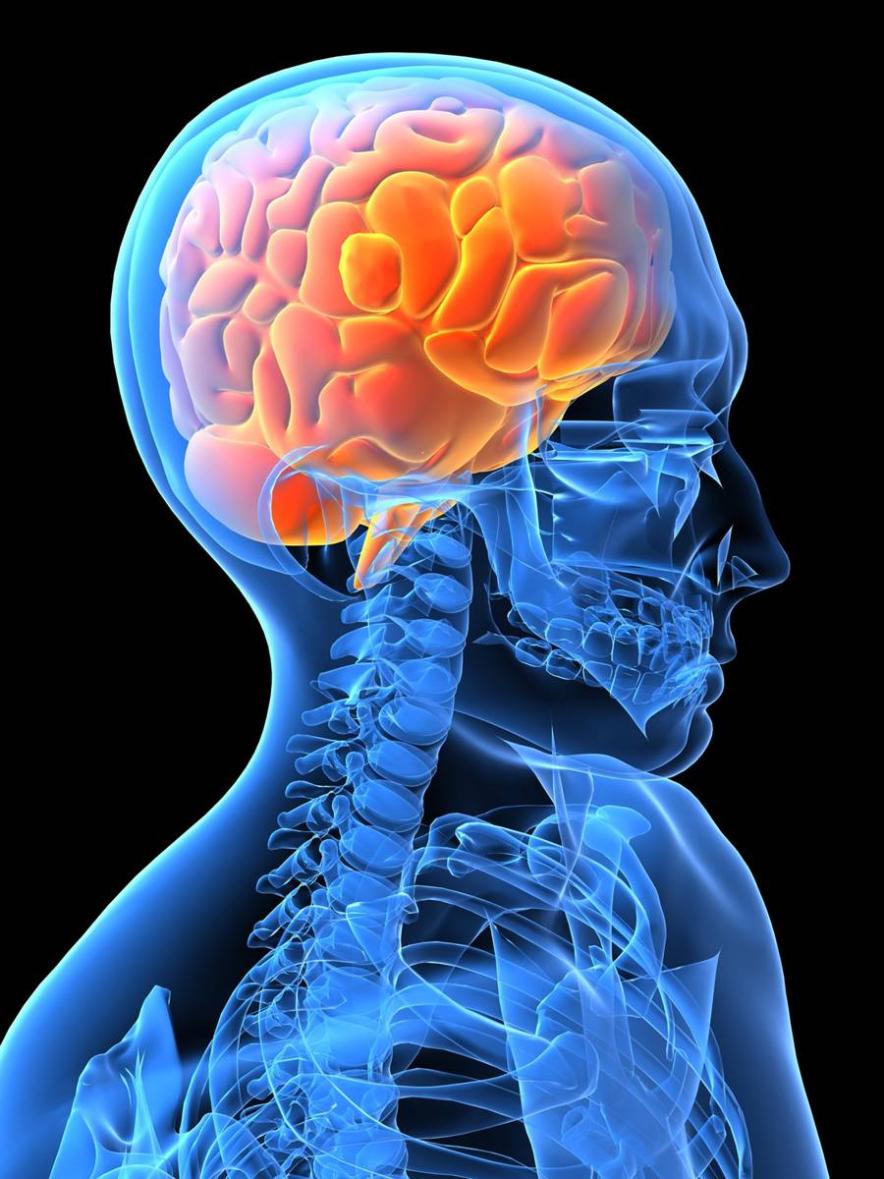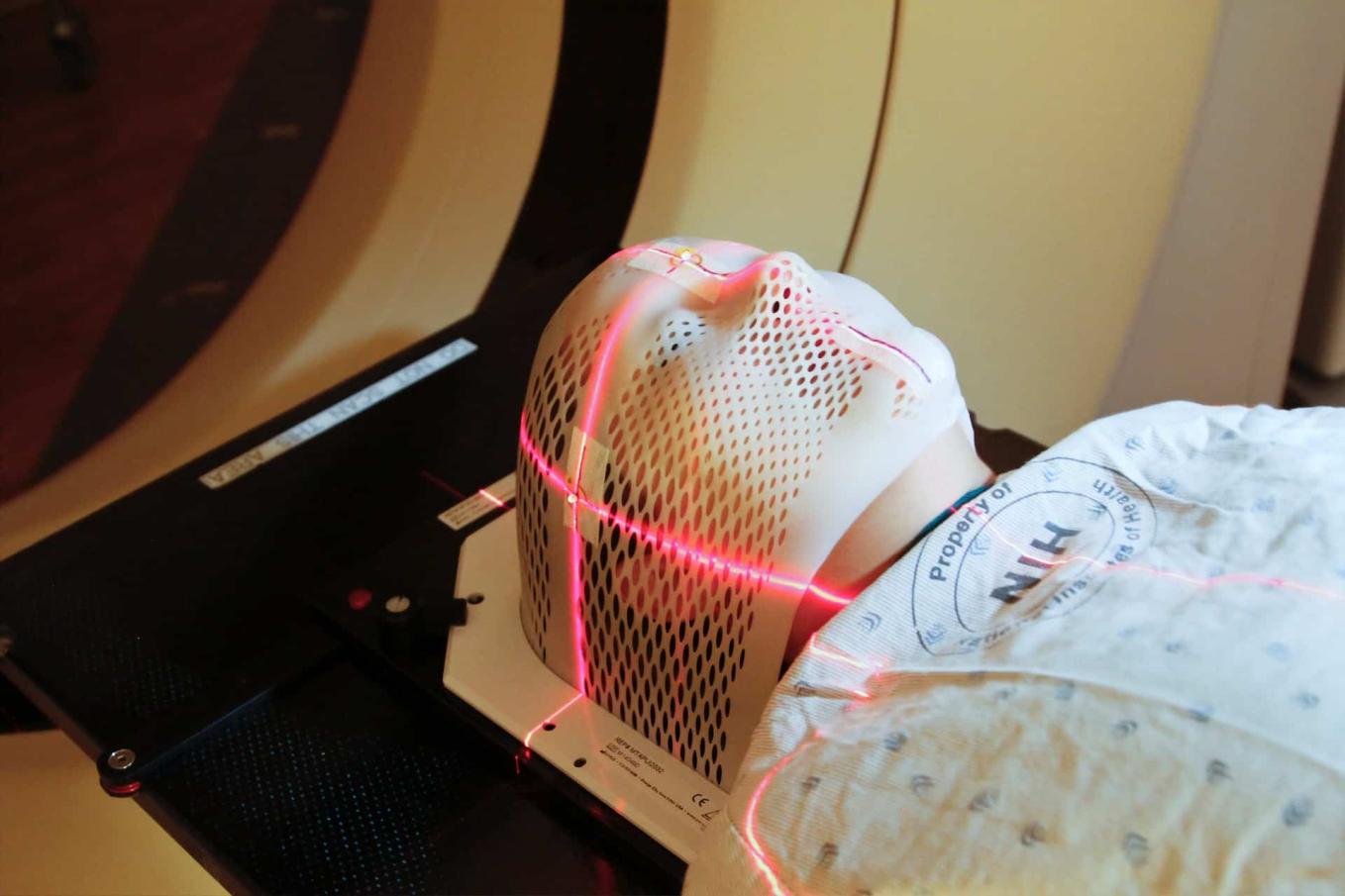What Are the Ethical Issues Surrounding Brain Imaging?
Brain imaging technologies, such as magnetic resonance imaging (MRI) and functional magnetic resonance imaging (fMRI), have revolutionized our understanding of the human brain and its role in health and disease. However, the use of these technologies also raises a number of ethical issues that need to be carefully considered.

Privacy And Autonomy
One of the primary ethical concerns surrounding brain imaging is the issue of privacy. Brain imaging data can reveal a wealth of information about an individual's thoughts, feelings, and behavior. In the wrong hands, this information could be used to discriminate against individuals or to manipulate their behavior.
- Collecting and Storing Brain Imaging Data: The collection and storage of brain imaging data raises concerns about how this data will be used and who will have access to it. It is important to ensure that appropriate informed consent is obtained from individuals before their brain imaging data is collected and that the data is stored securely.
- Potential Misuse of Brain Imaging Information: Brain imaging information could potentially be misused in a number of ways, such as to discriminate against individuals based on their brain activity or to manipulate their behavior. It is important to develop safeguards to prevent the misuse of brain imaging information.
- Informed Consent and Data Protection Measures: Informed consent is essential to ensure that individuals understand the risks and benefits of brain imaging and have the opportunity to make an informed decision about whether or not to participate in a brain imaging study. Data protection measures are also important to ensure that brain imaging data is stored securely and used only for authorized purposes.
Neuroimaging And Mental Health
Brain imaging is increasingly being used to diagnose and treat mental disorders. However, the use of brain imaging in this context raises a number of ethical challenges.
- Ethical Considerations in Using Brain Imaging to Diagnose and Treat Mental Disorders: The use of brain imaging to diagnose and treat mental disorders raises ethical concerns about the accuracy and reliability of brain imaging findings, the potential for misdiagnosis, and the potential for stigma and discrimination.
- Challenges of Interpreting Brain Imaging Findings in a Psychiatric Context: Interpreting brain imaging findings in a psychiatric context can be challenging due to the complexity of the brain and the lack of a clear understanding of the neural basis of mental disorders.
- Ethical Implications of Using Brain Imaging to Predict or Modify Behavior: Brain imaging is sometimes used to predict or modify behavior. This raises ethical concerns about the potential for coercion and the potential for unintended consequences.
Brain Imaging And Criminal Justice
Brain imaging is also being used in the criminal justice system, for example, to assess criminal responsibility and to predict recidivism. However, the use of brain imaging in this context raises a number of ethical concerns.
- Ethical Issues Surrounding the Use of Brain Imaging in Criminal Investigations and Trials: The use of brain imaging in criminal investigations and trials raises ethical concerns about the potential for bias and discrimination, the potential for misinterpretation of brain imaging findings, and the potential for coercion.
- Potential for Bias and Discrimination in Neuroimaging-Based Assessments: Neuroimaging-based assessments have the potential to be biased against certain groups of people, such as people of color or people with low socioeconomic status.
- Ethical Implications of Using Brain Imaging to Determine Criminal Responsibility: The use of brain imaging to determine criminal responsibility raises ethical concerns about the potential for coercion and the potential for unintended consequences.
Ethical Guidelines And Regulations

There are a number of existing ethical guidelines and regulations governing brain imaging research and clinical applications. However, these guidelines and regulations are often outdated and do not adequately address the ethical challenges posed by the latest advances in brain imaging technology.
- Review of Existing Ethical Guidelines and Regulations: There are a number of existing ethical guidelines and regulations governing brain imaging research and clinical applications. These guidelines and regulations should be reviewed and updated to ensure that they adequately address the ethical challenges posed by the latest advances in brain imaging technology.
- Challenges of Developing Comprehensive and Effective Regulations: Developing comprehensive and effective regulations for brain imaging is a complex challenge. These regulations must balance the need to protect individual privacy and autonomy with the need to promote scientific research and clinical innovation.
- Need for Ongoing Dialogue Between Researchers, Policymakers, and Ethicists: There is a need for ongoing dialogue between researchers, policymakers, and ethicists to ensure that the ethical implications of brain imaging are fully understood and that appropriate safeguards are in place.
Future Directions And Emerging Issues
As brain imaging technology continues to advance, new ethical issues will inevitably arise. It is important to be prepared for these challenges and to develop strategies for addressing them.
- Emerging Ethical Issues Related to Brain Imaging: There are a number of emerging ethical issues related to brain imaging, such as the use of artificial intelligence and machine learning, the development of brain-computer interfaces, and the potential for neuroenhancement.
- Ethical Implications of Brain-Computer Interfaces and Other Neurotechnologies: Brain-computer interfaces and other neurotechnologies have the potential to revolutionize our understanding of the brain and our ability to interact with the world around us. However, these technologies also raise a number of ethical concerns, such as the potential for coercion and the potential for unintended consequences.
- Strategies for Addressing Ethical Challenges in the Future of Brain Imaging: There are a number of strategies that can be used to address the ethical challenges posed by the future of brain imaging. These strategies include developing ethical guidelines and regulations, promoting public education and awareness, and supporting research on the ethical implications of brain imaging.

The ethical issues surrounding brain imaging are complex and challenging. However, it is essential to address these issues in order to ensure that brain imaging technologies are used in a responsible and ethical manner. By working together, researchers, policymakers, and ethicists can develop strategies for addressing these challenges and ensuring that brain imaging technologies are used for the benefit of humanity.
YesNo

Leave a Reply